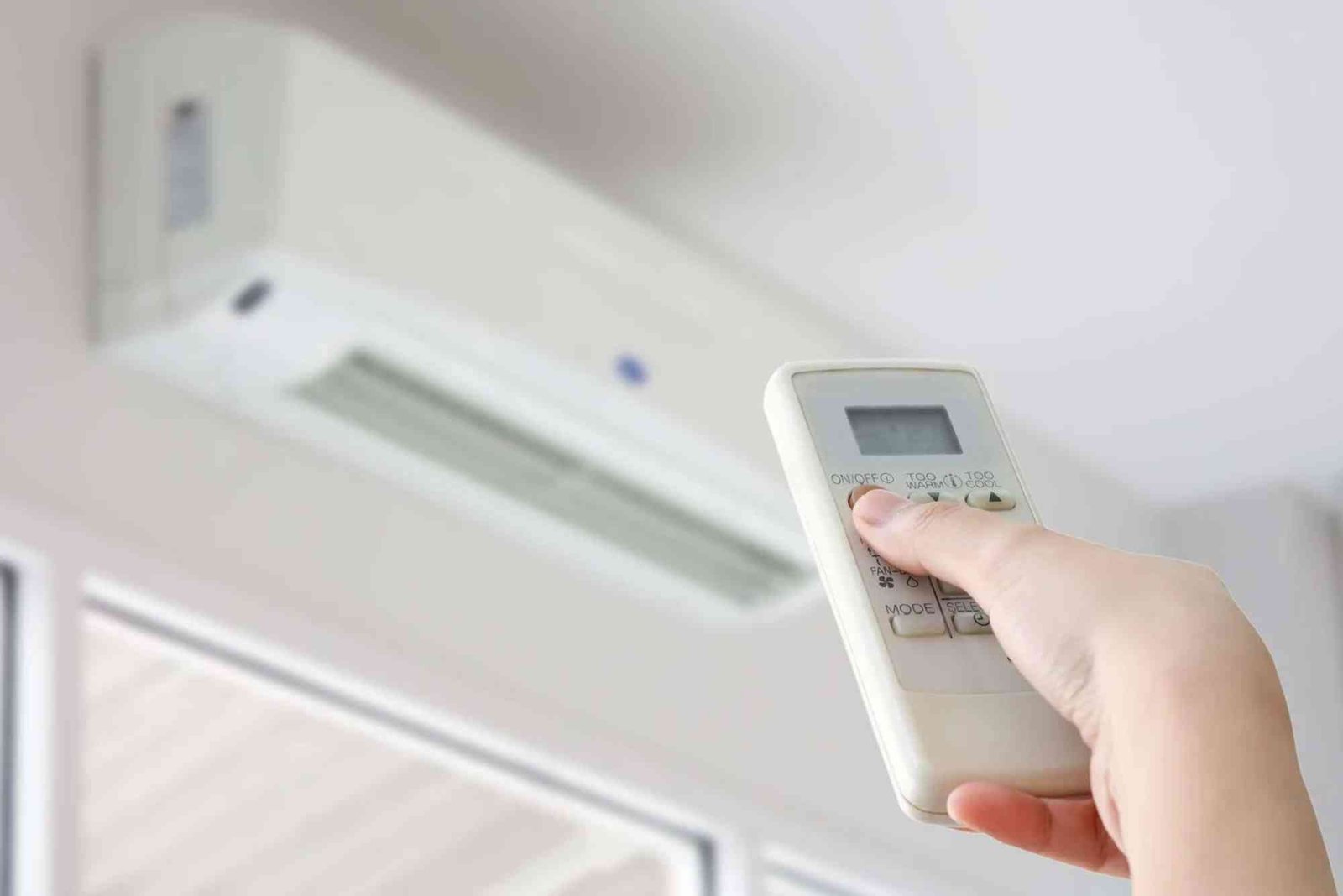In any commercial dispute, evidence is everything. Whether the issue involves a breach of contract, unpaid dues, defective goods, partnership breakdowns, or service failures, the success of a legal claim depends largely on the strength and credibility of the supporting evidence. In Dubai’s legal environment—where both civil and common law systems operate—the importance of presenting well-structured, clear, and admissible evidence cannot be overstated.
Businesses operating in Dubai, both local and international, must understand how evidence is gathered, evaluated, and presented in commercial disputes. From written contracts and email correspondences to expert reports and witness testimonies, each piece of evidence contributes to building a strong case or defending against a claim.
This in-depth FAQ explains the critical role evidence plays in resolving commercial disputes in Dubai, the types of evidence accepted, how courts and arbitration tribunals evaluate it, and how lawyers in Dubai can ensure it is presented effectively.
1. Why Is Evidence So Important in Commercial Disputes?
Legal claims, no matter how valid they may seem, must be backed by solid proof. In Dubai, both the Dubai Courts and DIFC Courts, as well as arbitration tribunals like DIAC and DIFC-LCIA, rely heavily on the evidence submitted to make decisions.
Proper evidence allows the judge or arbitrator to:
- Determine whether a breach has occurred
- Quantify damages
- Establish timelines and responsibilities
- Assess credibility of the parties involved
- Ensure that justice is served based on facts
Without adequate evidence, even a strong claim may be dismissed or receive limited compensation.
2. What Legal Framework Governs Evidence in Dubai?
Evidence in commercial disputes is primarily governed by:
- Federal Law No. 10 of 1992 (UAE Law of Evidence) – applicable to Dubai Courts and Arabic civil law proceedings.
- DIFC Rules of Evidence – applicable in DIFC Courts and based on English common law principles.
- Arbitration Rules – each arbitration institution (e.g., DIAC, ICC, DIFC-LCIA) may have its own evidence guidelines.
The applicable framework depends on which court or tribunal has jurisdiction over the dispute and what was agreed upon in the contract.
3. Types of Evidence Commonly Used in Commercial Cases
Commercial disputes typically involve a variety of evidence types, including:
a) Written Contracts and Agreements
- Primary source of obligations and terms
- Must be signed by both parties
- Addendums, annexes, and terms and conditions are also admissible
b) Invoices and Payment Records
- Establish financial claims
- Used to prove debt, non-payment, or breach of payment terms
c) Email and Digital Correspondence
- Prove discussions, promises, and agreements
- Help establish timelines and show attempts to resolve disputes
d) Delivery Notes and Service Records
- Used in supply chain and service-related disputes
- Confirm receipt or non-performance
e) Expert Reports
- Technical or financial experts may assess construction defects, software functionality, or business valuations
- Common in disputes involving complex commercial matters
f) Witness Statements
- Testimonies from employees, vendors, or contractors
- Must be relevant, credible, and preferably supported by documentary proof
g) Notices and Legal Communications
- Termination letters, legal notices, and demand letters
- Help establish the party’s position and attempts to seek resolution
4. Digital Evidence and Electronic Communications
In the modern business world, much of the communication and documentation takes place electronically. Dubai courts and arbitration panels recognize the admissibility of:
- Emails
- SMS and WhatsApp messages
- Scanned documents
- Audio and video recordings (in specific circumstances)
- Data logs from platforms or systems
However, the authenticity of digital evidence may be challenged. For admissibility, it must:
- Be traceable to the source (e.g., email ID, mobile number)
- Not be altered or manipulated
- Be relevant to the dispute
In some cases, forensic analysis may be required to verify digital content.
5. Translation Requirements for Dubai Courts
If you are litigating in Dubai Courts (onshore), all documents must be submitted in Arabic. This includes contracts, emails, invoices, and supporting documents.
- Legal translation must be done by a Ministry of Justice-approved translator.
- Documents in English or other languages without certified translation may be rejected or cause delays.
In contrast, DIFC Courts and most arbitration institutions accept English-language evidence, making them more user-friendly for international parties.
6. Chain of Custody and Document Authenticity
To maintain credibility, parties must ensure a clear chain of custody for their evidence. This means:
- Keeping original documents or backups
- Avoiding unauthorized edits or tampering
- Clearly identifying dates, signatures, and stamps
Dubai courts often ask for originals or certified copies to ensure authenticity. Scanned copies or screenshots may be accepted only with justification or supporting affidavits.
7. Use of Experts in Commercial Disputes
In technical disputes—especially in construction, engineering, finance, or IT—courts and arbitration tribunals may appoint independent experts to evaluate evidence.
The expert’s report often becomes a key factor in the judgment or award. Experts may:
- Visit project sites
- Review financial records
- Conduct valuations
- Analyze business processes
Parties may submit objections to the expert’s findings, but such objections must be supported by credible counter-evidence or independent expert reports.
8. Witness Testimonies and Affidavits
Witnesses can play a crucial role, especially when contracts are poorly drafted or disputes are based on verbal agreements.
- Witness statements may be submitted in writing or in court
- Courts may require in-person testimonies (especially for Dubai Courts)
- Arbitrators may allow virtual witness hearings
However, witness credibility is often questioned. Hearsay, bias, or lack of direct involvement can weaken the impact of testimony.
9. Preservation and Collection of Evidence
To strengthen your case, evidence must be preserved from the moment a dispute is anticipated. This includes:
- Saving digital communications
- Backing up files and emails
- Documenting contract performance
- Logging client interactions or project milestones
Deliberate destruction or withholding of evidence may harm your case and lead to adverse inferences by the court or tribunal.
10. Disclosure and Discovery Procedures
In DIFC Courts and common law-based tribunals, the disclosure process allows both parties to request relevant evidence from each other. This includes:
- Internal emails
- Project documents
- Financial records
The goal is transparency and fairness. However, in Dubai’s onshore courts, there is no formal discovery process. Parties must present their own evidence and are not obligated to produce documents that may harm their case.
This difference often influences parties to choose arbitration or DIFC Courts when entering international commercial agreements.
11. Challenges in Presenting Evidence
Businesses often face difficulties such as:
- Lost or deleted records
- Language barriers or improperly translated documents
- Uncooperative witnesses
- Informal agreements without written proof
- Complexity in proving damages
These issues can be mitigated by working closely with experienced legal professionals who understand local evidentiary standards.
12. Admissibility of Foreign Documents
Foreign documents are admissible if they are:
- Translated into Arabic (for Dubai Courts)
- Notarized and legalized in the issuing country
- Attested by the UAE Embassy and Ministry of Foreign Affairs
Documents that fail to meet these requirements may be dismissed by the court.
Arbitration panels may be more lenient, but authenticity and relevance must still be proven.
13. Using Technology to Manage Evidence
Modern businesses can use digital tools to store and manage evidence for potential disputes:
- Contract lifecycle management software
- Cloud-based data storage with access logs
- Time-stamped communication tools
- Project management platforms with history tracking
Organized documentation enhances your ability to resolve disputes quickly or win in litigation or arbitration.
14. The Role of Legal Counsel in Managing Evidence
Experienced lawyers in Dubai play a pivotal role in:
- Advising on what evidence is needed to prove your claim or defense
- Organizing, translating, and submitting documents to court
- Preparing witness statements and expert referrals
- Challenging the opposing party’s evidence
- Ensuring compliance with evidentiary laws
They can also help negotiate a favorable settlement if the evidence makes your position strong.
Final Thoughts
Evidence is the cornerstone of commercial dispute resolution in Dubai. The courts and arbitration panels rely on credible, well-documented proof to make fair decisions. Without the right evidence, even a seemingly obvious case can fail.
Understanding the rules surrounding evidence—from document formatting and translation to witness statements and expert reports—can dramatically improve your chances of success in litigation or arbitration.Partnering with experienced lawyers in Dubai ensures your evidence is presented correctly, your legal rights are protected, and your business reputation remains intact throughout the dispute resolution process.




